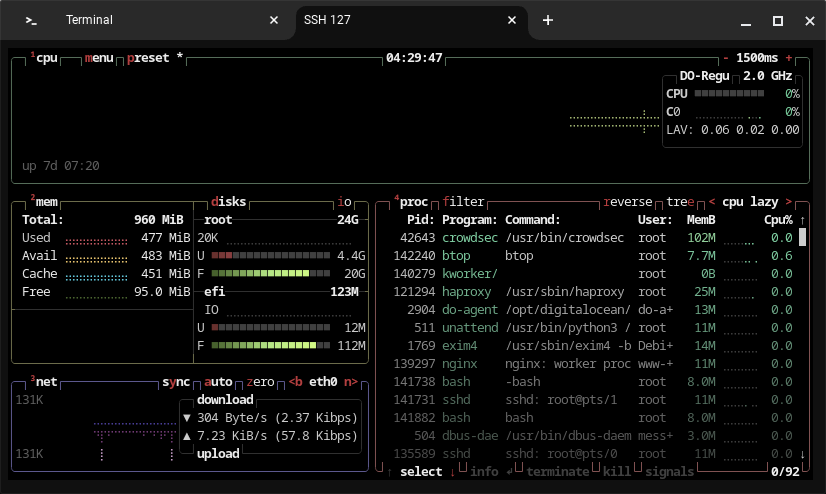
This profile is from a federated server and may be incomplete. Browse more on the original instance.
There have been multiple accounts created with the sole purpose of posting advertisement posts or replies containing unsolicited advertising.
Accounts which solely post advertisements, or persistently post them may be terminated.

This profile is from a federated server and may be incomplete. Browse more on the original instance.
How to Get Wifi Signal Strength via CLI using nmcli on Fedora or Ubuntu (blog.benyamin.xyz)
Hello, I just want to share here. Hopefully it’s useful. Thanks
Principal Skinner on Immutable Distros
Am I out of touch?...
linux as business/ company pc?
I am going to ask if I may use linux for work. We are using windows but there is nothing that couldn’t be done on linux. Privately, I am mainly a fedora user but I’d be happy with any OS and DE or wm. What do I need to look out for when I suggest an OS? What does a computer/ linux/DE need in order to be ready for enterprise...
Shit, it's how I feel after contributing 1 line of code to fastfetch (sh.itjust.works)
Gogle (lemmy.world)
Vulnerability scanning with vuls (h0bbl3s.port0.org)
Wrote up a new guide! Hope you folks find it helpful :)
Brace Style (sh.itjust.works)
Golang on debian (h0bbl3s.port0.org)
I’m a big fan of debian. I’m also a big fan of golang. One of the sacrifices debian makes to be so stable is lagging behind a bit on software versions. Debian users generally understand this, and also understand that it’s a good idea not to mess with the system versions of software. Here I will demonstrate how I configure...
Setting up a secure blog (or any kind of website) using hugo, certbot, haproxy, and crowdsec (h0bbl3s.port0.org)
This is my first post on my new site, I hope someone finds it helpful!
A local database with a command line interface? (sqlite?)
Hi all,...
`nmtui` that does not obliterate your eyes
to my shame i did not know how to customize the nmtui default colors (for the sake of my own health and mental stability). after reading a bit, i found out it uses the so-called newt backend with the whiptail app....
Ubuntu 4.10 (Warty Warthog), 2004 (fedia.io)
Help me choosing laptop
Hello i’m searching for buy a laptop, i want to set a Linux OS but i didn’t chose yet if you want u can recommend SO also, but i want a rolling release one, what i want is a laptop to carry practically everywhere, my budget is 500€ but if i like it too much it could go up to 1100, I need minimun of 16GB because when i work...
I like C programs for their speed (lemmy.world)
How can I go about using the tty only on my system
I wanted to have a separate laptop where I only use the terminal for my use cases. At the moment I am somewhat confident using the terminal, but I think limiting myself to tty only would build my confidence even more. Any tips?...
KDE on Debian 12 randomly gets frozen / stuck
Randomly on my laptop screen this appears and debian just freezes. Sometimes these vertical lines don’t appear and system freezes anyway. Its just random. How do i identify if this is hardware or software issue? and then how to identify exact piece of hardware or software causing this problem.